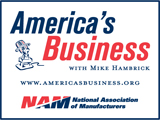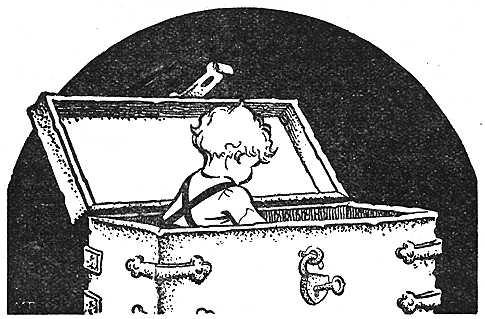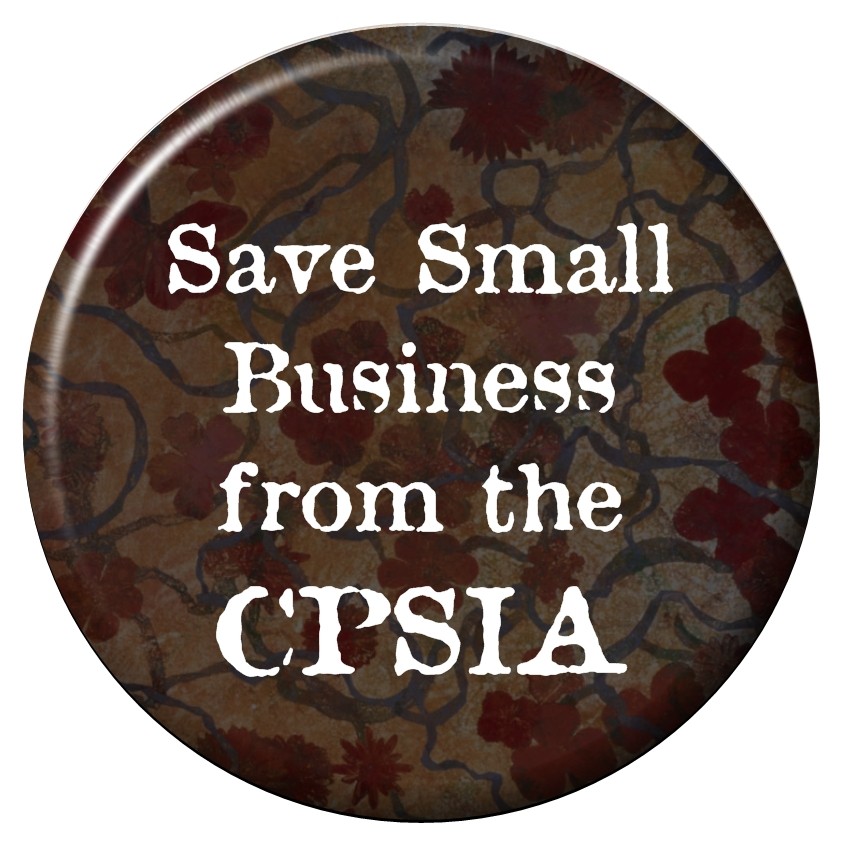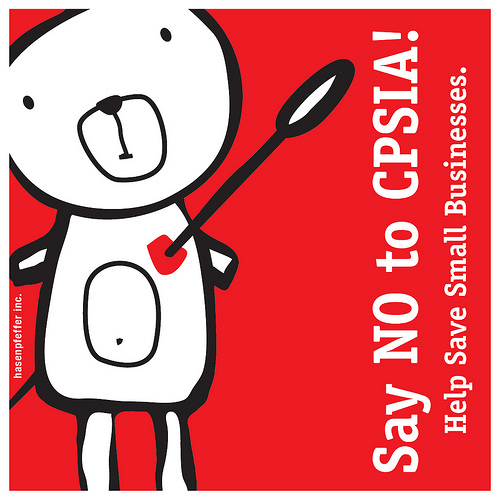[Headline updated to reflect full commission approval.]
In a major development this afternoon, the staff of the Consumer Product Safety Commission has proposed (PDF), and the commission itself has agreed by a 2-0 vote to, a one-year stay of enforcement of CPSIA’s testing and certification requirements (but not its introduction of new lead and phthalate standards; products will still need to conform to those standards).
This is, in general, very good news, but two problems need to be pointed out. One is that the action may be vulnerable to legal challenge as violating the CPSC’s legal obligations to regulate, and in particular to enforce CPSIA’s terms faithfully. As if to confirm that danger, prominent “consumer” groups — that is, the same groups that pushed CPSIA through to enactment and have vocally defended the law ever since — issued a letter this afternoon digging into their position that there’s nothing wrong with the law and that Congress should not revisit it. (Consumers Union, Public Citizen — the latter, it will be recalled, being the group whose David Arkush wrote last month “I haven’t heard a single legitimate concern yet” about the law.)
All these pro-CPSIA groups have lawyers; some are governed of, by, and for lawyers. If and when they sue the CPSC, a court could agree with them and disallow the one-year enforcement stay of certification requirements.
Beyond that, the CPSC is not the law’s only enforcer. Today’s letter from the commission states the following:
The Commission trusts that State Attorneys General will respect the Commission’s judgment that it is necessary to stay certain testing and certification requirements and will focus their own enforcement efforts on other provisions of the law, e.g. the sale of recalled products.
In other words, the commission has at most the power to stay its own enforcement, and cannot stay the 50 state attorneys general from going after makers of children’s goods, small or large, who fail to obtain testing certifications between now and next February. But it expresses a wan hope that they will be reasonable and not do so. You know how reasonable those state attorneys general always are.
In another development today, Sen. Jim DeMint (R-S.C.) has announced that he will introduce a bill that would broadly reform CPSIA’s terms.
Filed under: CPSIA





